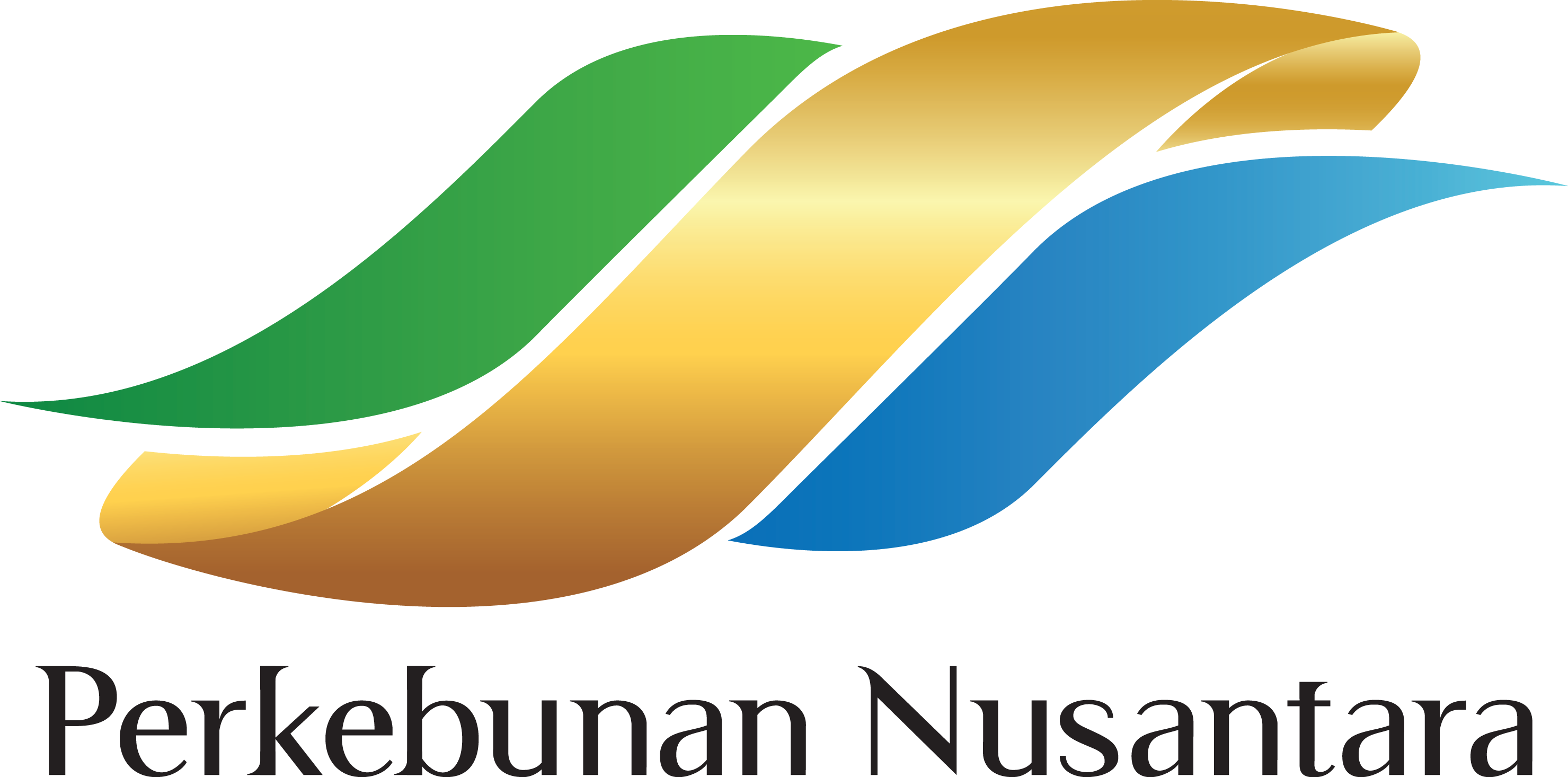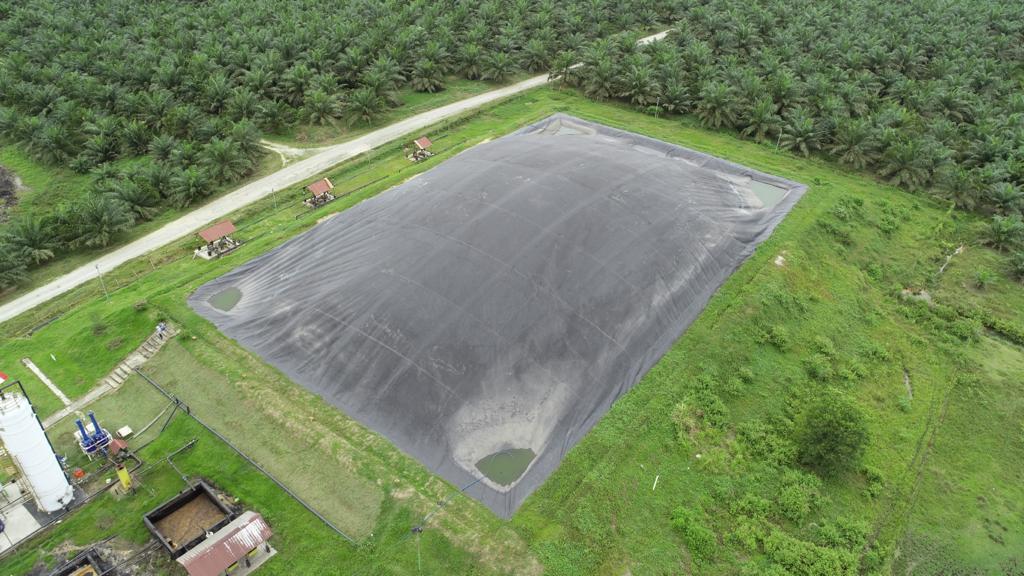In accordance with the direction of the Indonesian Ministry of SOEs as a shareholder, PTPN Group supports the decarbonization program in achieving Nationally Recognized Contributions (NDCs) consisting of 29% enterprise-owned companies and 41% foreign aid by 2030. Based on our 2019 emission calculation in September – November 2021, the total CO2 emissions generated by PTPN Group amounted to 2,849 kt CO2, of which 64% of the emissions or a total of 1,824 kt came from palm oil mill effluent. The calculation of CO2 absorption from the growth of oil palm plantations in all PTPN Group areas per year is 1,070 kt CO2, bringing the company’s net carbon emissions to 1,790 kt CO2.
The study shows an increase in CO2 emissions in 2019 from 1,790 kt to 2,540 kt in 2030, and 2,552 kt in 2060. The “Business – as – Usual” (BAU) scenario is derived from palm oil productivity growth so the increase in CO2 emissions is largely due to the increase in POME from palm oil production, processing, fertilizer and pesticide use.
In addition, PTPN Group also undertakes several initiatives aimed at reducing CO2 emissions as part of its sustainability policy which is divided into 5 (five) sectors as follows :
- Energy; optimizing the utilization of POME biogas as renewable energy, biomass (empty fruit bunches/EFB) power plants and creating solar power plants.
- Waste; to manage liquid waste in palm oil mills that can be used as organic fertilizer and utilize cooling power generation in mills for reuse with a closed loop water treatment system in sugar mills.
- Industrial Process and Product Use; aims to reduce energy consumption by maximizing its capacity (revitalizing equipment, technology development in the processing process, utilizing boilers to remove gas as part of sugar processing, and thermal oil heaters as heat energy generation in Standard Indonesian Rubber (SIR) plants (from diesel fuel to shell).
- Agriculture; replacing organic fertilizers from Palm Oil Mill by-products to reduce the use of chemical fertilizers and pesticides with natural solutions (High Conservation Value (HCV), biodiversity, weed management, and ground cover management).
- Forestry and other Land Use; improve water management on peatlands to reduce land emissions and annual carbon sequestration from tree trunk growth.
- PTPN Group’s initiatives are projected to reduce CO2 emissions by 1,819 kt CO2-eq or 72% of BOU in 2020, and/or 996 kilotons CO2, which is a 43% reduction in carbon emissions (above the NDC target). Furthermore, the impact of our emission reduction through biogas development until 2042 will result in a net zero carbon company by 2060.
- From now on, PTPN Group is committed to sustainable oil palm plantation, developing capabilities and technological advancement as part of PTPN Group’s mission to become a world-class competing agribusiness company.


